KwaZulu-Natal Police Commissioner Lieutenant General Nhlanhla Mkhwanazi has shed light on his strained relationship with Lieutenant General Shadrack Sibiya amid the ongoing investigation into the murder of rapper Kiernan “AKA” Forbes.
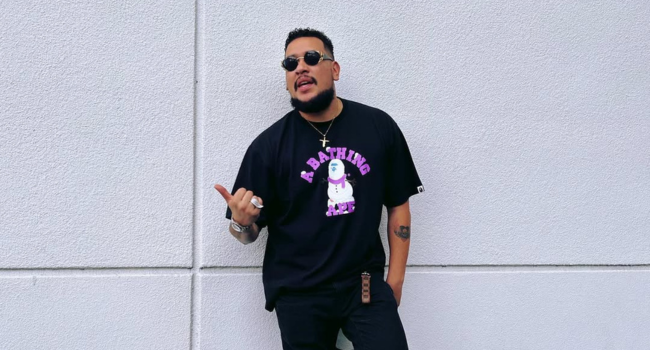
During a session with Parliament’s Ad Hoc Committee, Mkhwanazi’s testimony brought to light the internal discord within the South African Police Service (SAPS). He recounted being summoned by Police Minister Bheki Cele to clarify alleged tensions between himself and Lt Gen Sibiya, particularly concerning the high-profile AKA murder investigation.
Mkhwanazi revealed that his initial response to the minister’s summons was to ask, “Why have you called me?” Cele reportedly indicated concerns about a possible breakdown in communication between the two senior officers. Mkhwanazi challenged this notion, emphasizing that no such rift existed, citing an instance where Sibiya accompanied him on a boat trip in Durban on January 27 while they were hosting guests in KwaZulu-Natal.
He further acknowledged a period of limited communication following the AKA incident, admitting that he had temporarily blocked Sibiya’s phone number but later restored contact. “I admit that I blocked him for a time after the AKA case, but I prefer not to elaborate,” Mkhwanazi stated.
The atmosphere surrounding these revelations was intensified by earlier public remarks from Sibiya himself. Months prior, Sibiya asserted that he was the driving force behind the arrests related to AKA’s murder. “I was the one pushing for the arrest of AKA’s killers. Mkhwanazi was reluctant. I led the arrests,” he declared. These statements have fueled debate over who truly commanded the investigation and how leadership roles were managed during critical moments.
At its core, this dispute touches on public trust. The tragic death of AKA in Durban sent shockwaves through South Africa and attracted international attention. Fans and the late rapper’s family remain vigilant about every update. Parliament’s inquiry is focused not on assigning blame but on ensuring that leadership conflicts did not hinder the investigation’s integrity, the proper delegation of responsibilities, and the ability to build a solid case capable of withstanding judicial scrutiny.


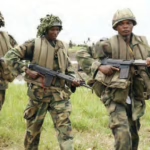
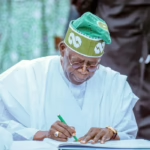
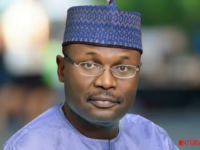
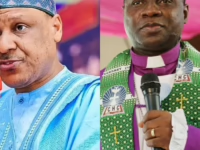
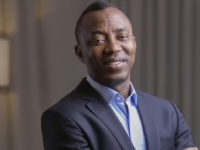
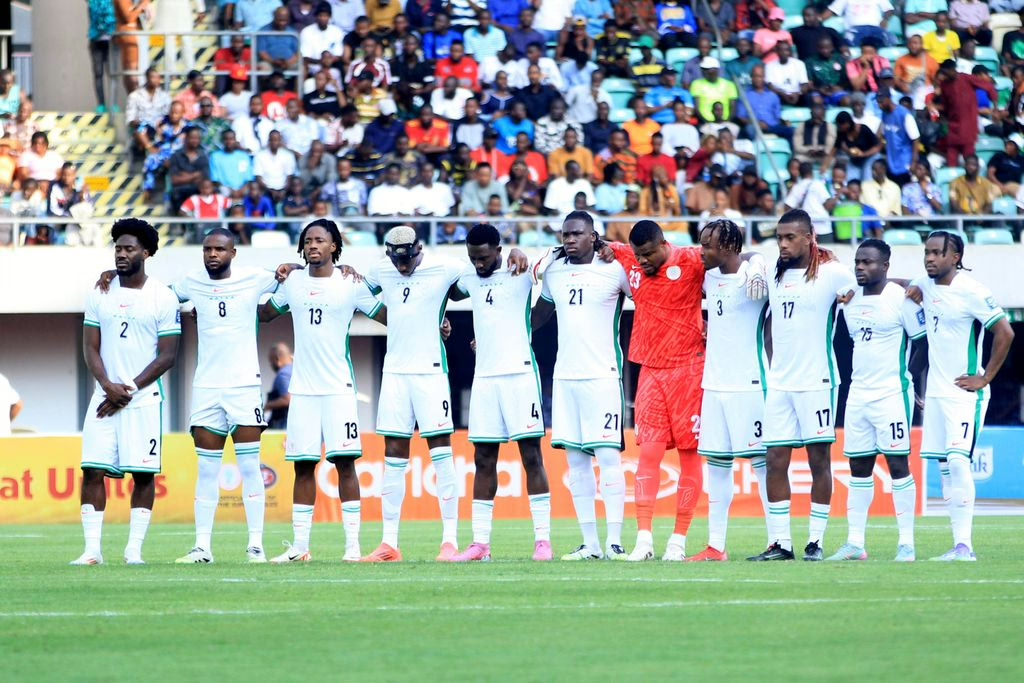
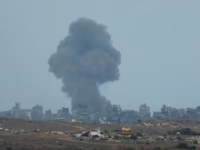
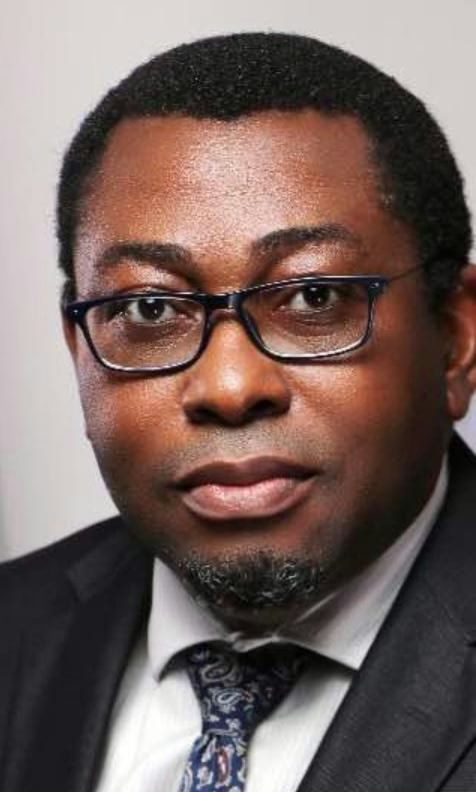
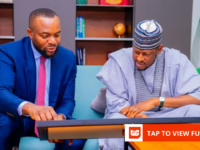


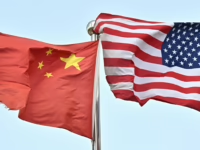
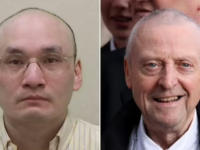
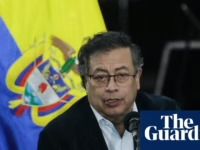

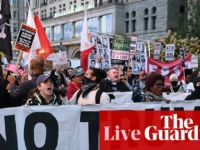
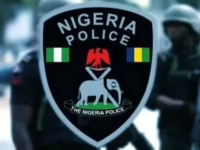

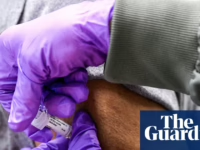

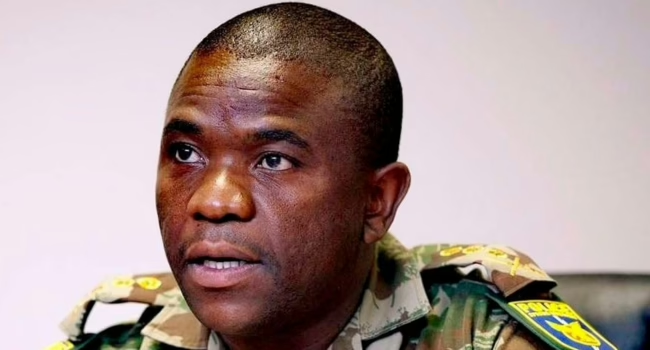
0 Comments